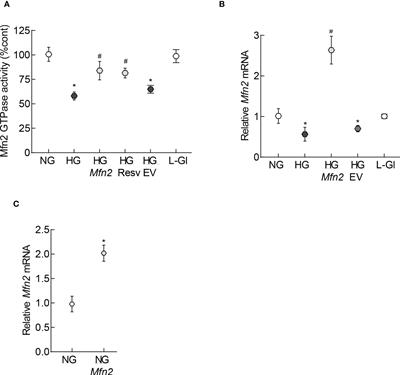ORIGINAL RESEARCH
Published on 26 Nov 2024
Association of mitochondrial haplogroup H with reduced risk of type 2 Diabetes among Gulf Region Arabs
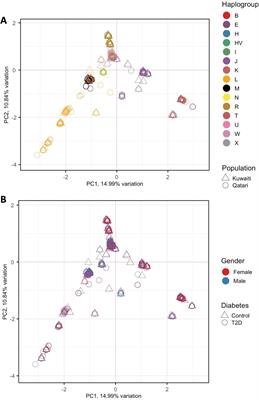
doi 10.3389/fendo.2024.1443737
- 577 views
3,930
Total downloads
12k
Total views and downloads
Select the journal/section where you want your idea to be submitted:
ORIGINAL RESEARCH
Published on 26 Nov 2024

REVIEW
Published on 25 Nov 2024
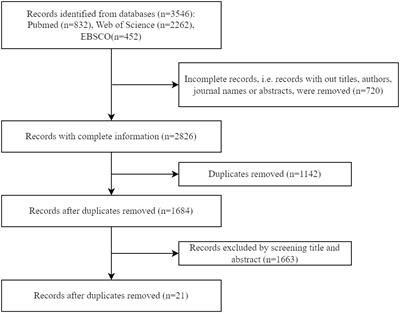
REVIEW
Published on 20 Nov 2024

ORIGINAL RESEARCH
Published on 30 Aug 2024
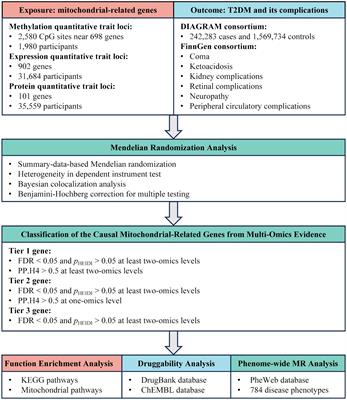
REVIEW
Published on 13 Oct 2023
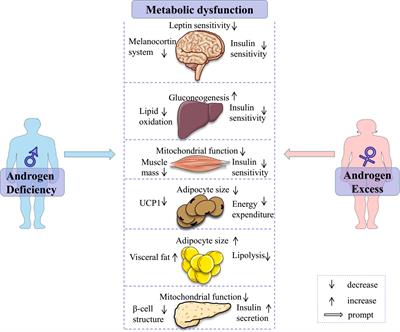
ORIGINAL RESEARCH
Published on 21 Jun 2023
